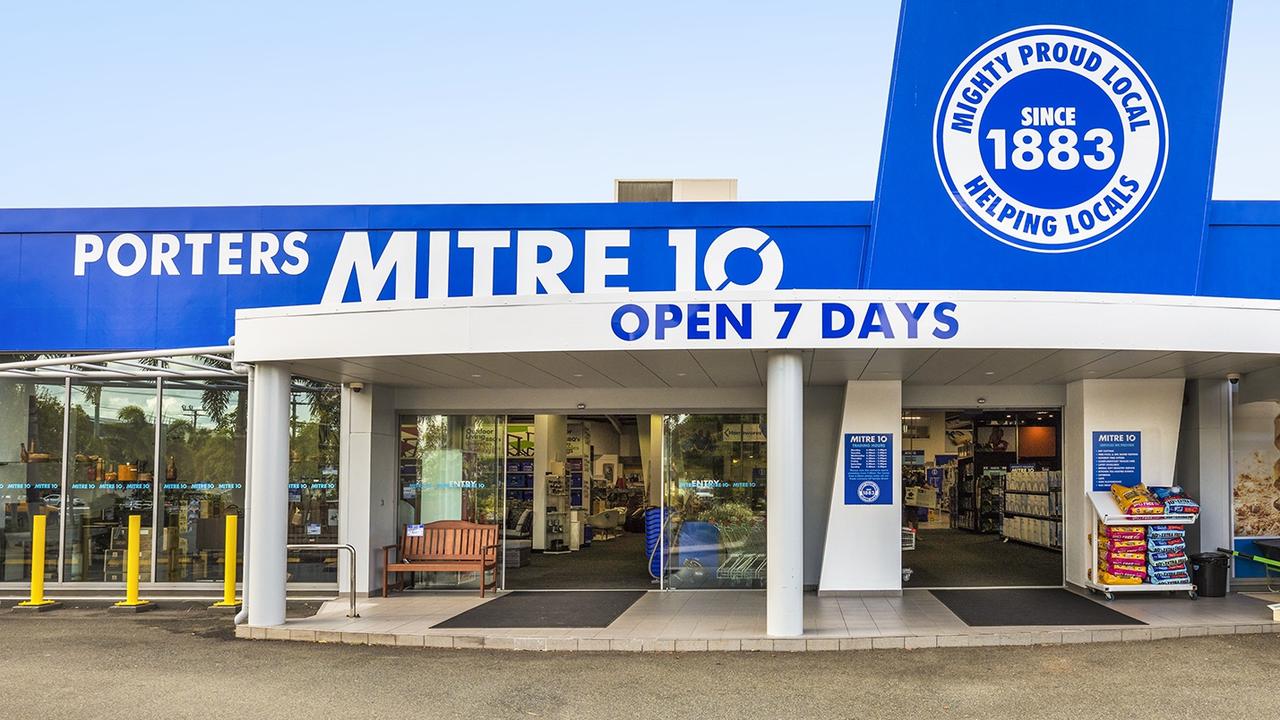Draft report lays out plan to save Glenden, transfer homes to new mine owners
The mining company which owns most of a Queensland town at risk of being wiped off the map says it’s open to handing over the 400+ homes it owns, but only if it costs less than tearing them down. SPECIAL REPORT
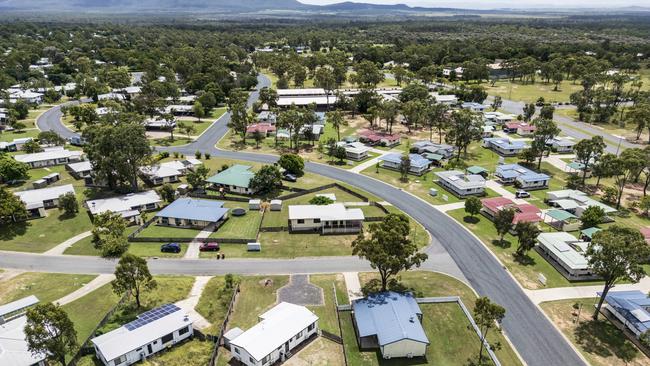
Mackay
Don't miss out on the headlines from Mackay. Followed categories will be added to My News.
The state government believes Byerwen Mine workers and their families could move into Glenden in a matter of weeks but QCoal insists this is impossible.
The ambitious “indicative” timeline from the Department of Resources was revealed in a draft plan acquired by this publication, marked ‘official’ and ‘not government policy’.
The Glenden Tenure Implementation Pathway Plan is the first attempt by the Queensland government to save Glenden by getting all the parties involved: Glencore, which owns most of the properties and is leaving following the closure of its Newlands mine; QCoal, the owners of the Byerwen mine; and the Isaac Regional Council.
QCoal must transition its entire Byerwen workforce camp accommodation into Glenden by March 2029, moving in as Glencore moves out.
The big, unanswered question has been how the state government would get two competing mining companies to work together to manage the transition, particularly as QCoal feels unfairly targeted and Glencore is insistent the law required it to demolish the town.
According to the plan, Glencore is open to any consider ‘solution’ to saving Glenden provided it doesn’t cost more than $14.6m, the amount it expected to spend to demolish its 400+ homes as per the agreement when the camp was first built.
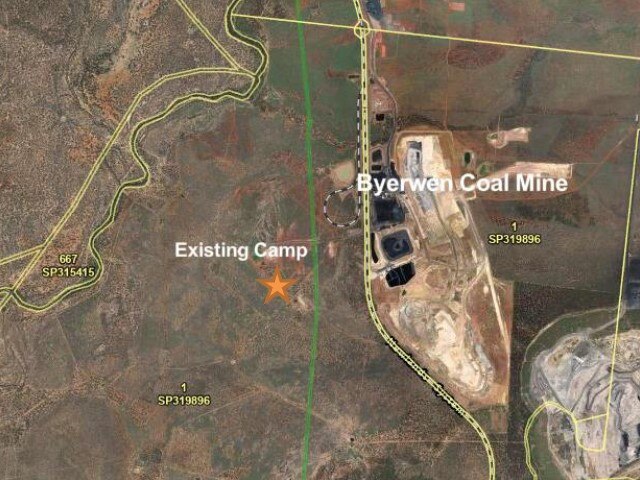
The legislated need to demolish the town was what provoked the Save Glenden campaign, and the fresh laws pushed through in August last year mandating QCoal shift 10 per cent of its Byerwen workforce into Glenden by March 2025.
At the crux of its campaign is the desire to keep its Suttor camp, just a short drive away from the Byerwen mine, so that workers can either live there or Glenden.
First in, best dressed
According to the plan, 88 per cent of Byerwen’s workforce resides in regional Queensland, and 55 per cent currently live within two hours of the mine as drive in drive out.
QCoal asked its employees who wanted to move into Glenden with their families, with 21 Byerwen workers already putting their hands up, the report states.
The “first batch” of these families were thought to be able to move in within weeks, according to the plan’s “indicative” timeline for transferring the first of Glencore’s residential tenures by June 30.
But QCoal head of communications Paul Turner said the plan failed to identify any housing in Glenden that was suitable for its Byerwen workers.
QCoal has several conditions it expects to be met first: that any families are placed close together to “create a sense of community”; that Glencore makes early surrender of leases with appropriate housing and that “any necessary improvements” are done to ensure accommodation is of “appropriate standard”; and that is preferable single persons are catered for in “camp style” accommodation separated from family-occupied properties.

Mr Turner — who is leading a campaign against the Queensland government fighting the move and camp closure — criticised the state government for making QCoal “spend tens of millions of dollars” to move 800 workers into Glenden where there were only 32 privately-owned freehold lots.
Chris Wallin owns 13 of them through another company, and leases two more, according to QCoal.
Attempts by QCoal and Mr Wallin to build a camp closer to town were rejected at the planning stage, after they had purchased the land.
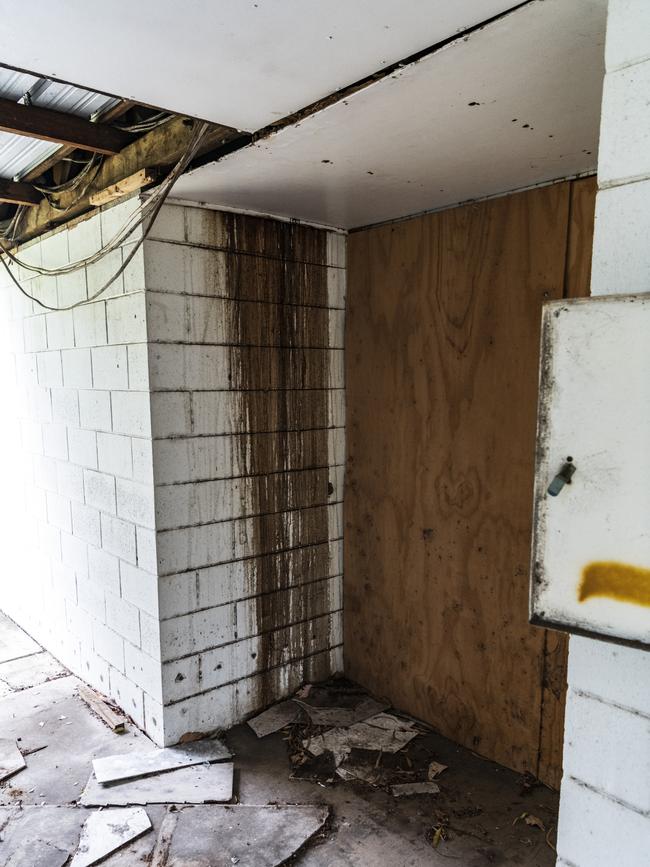
Glencore, however, has 383 residential leases over 419 lots in Glenden which together account for 412 three and four-bedroom homes, 20 duplexes, and contractor cramps with 73 single quarters, with leases set to expire between 2025 and 2053, as revealed in the plan.
Glencore also holds six of the seven commercial/business leases in the town, which accounts for 30 two-unit duplexes, a helipad, the Glenden Town Club, the town centre and a mess hall, plus a lease within the industrial precinct, and 33 out of 102 freehold lots.
It is the already-built accommodation on Glencore’s leases which “amount to 69 per cent of the town”, plus the company’s freehold lots, which the state government believes are key to saving Glenden and possibly even easing the housing crisis in the Isaac region and elsewhere in Queensland.
How Glencore has offered to leave
The plan notes that Glencore provided Resources with a seven step exit strategy in September.
That would include relocating 140 single person quarters in 2024, and the transfer of any houses identified with no ongoing business need in 2024-2025 and relocating 476 contractor camp accommodation units in 2026.
The company has provided the Queensland government a condition assessment report of its properties in Glenden — a sticking point for QCoal which has insisted many of the homes aren’t up to scratch.
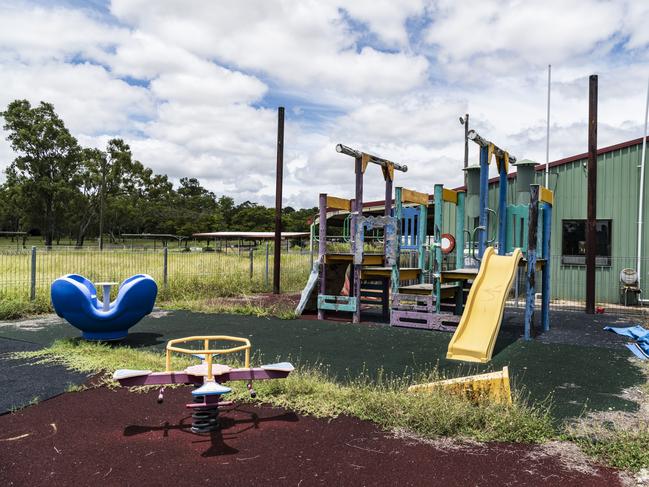
The plan did not specify when Glencore’s other residential leases would expire, drawing criticism from Mr Turner who stated QCoal had already bought 13 of Glenden’s 32 private properties, and was renting two properties to house Byerwen workers.
Mr Turner earlier told this publication one of the purchases was buying 11.3ha in Glenden for $1.28m from the state government in December, 2012 with intentions to build a workers’ camp, which was later rejected as it “was too close to the school”.
How it could work
The Glenden Plan revealed the options on the table for Glencore’s 400 leases.
They include amalgamating lease lots into larger parcels; transferring leases to QCoal; and transferring leases or issuing freehold property to Isaac Regional Council or another party.

The draft plan also recommends Resources explore with the Queensland Treasury how to “fast track” or “enable” land transfers as freehold, “seeking exemption to the Queensland Government Land Transaction Policy” “as appropriate”.
“For any surrendered or expired leases, Resources will consider other community interests, including First Nations interests, prior to any allocation,” the plan states.
“Glencore’s stated intent is to fully meet its obligations to the state and local governments in relation to its exit from Newlands Mine, while upholding its corporate reputation.
It is understood those legal obligations refer to the original state government approval for the Newlands mine which stipulated the Glenden township had to be removed once the mine shut.
Resources Minister Scott Stewart earlier told this publication the legislative changes would allow Glencore to act with “goodwill” and release its residential properties to QCoal.
Mr Stewart, however, could not specify how changes to the Mineral Resources Act overruled the condition forcing the Swiss miner to return Glenden to how it was before its Newlands mine opened.
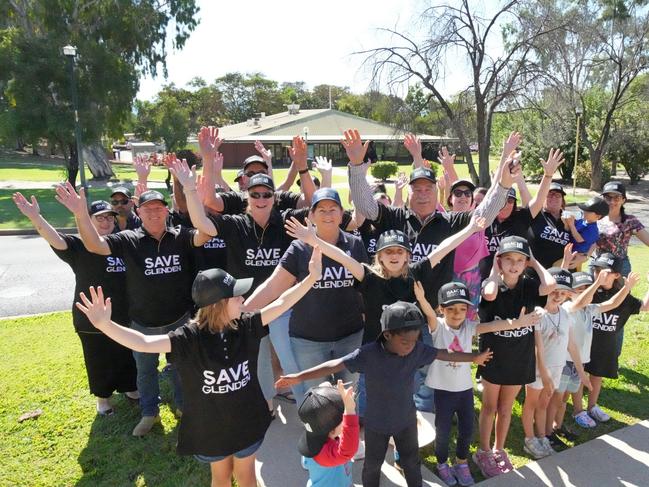
What still gets demolished
The plan further recommends inspecting the condition of Glencore’s properties by the end of August, to allow the state government to calculate the “costs associated with the surrender of the leases” by the end of November.
This process will assess whether it is more economical to carry out repairs or demolish properties deemed “uneconomic to remediatiate” or surplus to needs.
The plan further recommends the government engage a contractor by January next year to complete an Economic Modelling Study to inform the transition of Glencore’s tenures, though it does not specify how long that transition is expected to take.
The plan states the objective is to determine whether Glencore’s houses were best suited for family occupation, to be put up for sale, to be re-used by the miner, or gifted for “community purposes” or to “alleviate housing pressures in Isaac and second across regional Queensland”.
“It is proposed that Glencore remove any agreed surplus housing accommodation that is unsuitable for ongoing use in Glenden,” the document states.
Paul Turner said QCoal intends to continue housing staff in Glenden “even if this unfair legislation is overturned”.
“We have a waitlist of staff who do want to live there but cannot currently find accommodation,” he said.
This publication reached out to Glencore and Resource Minister Scott Stewart, but did not receive responses to questions to prior to publishing.



